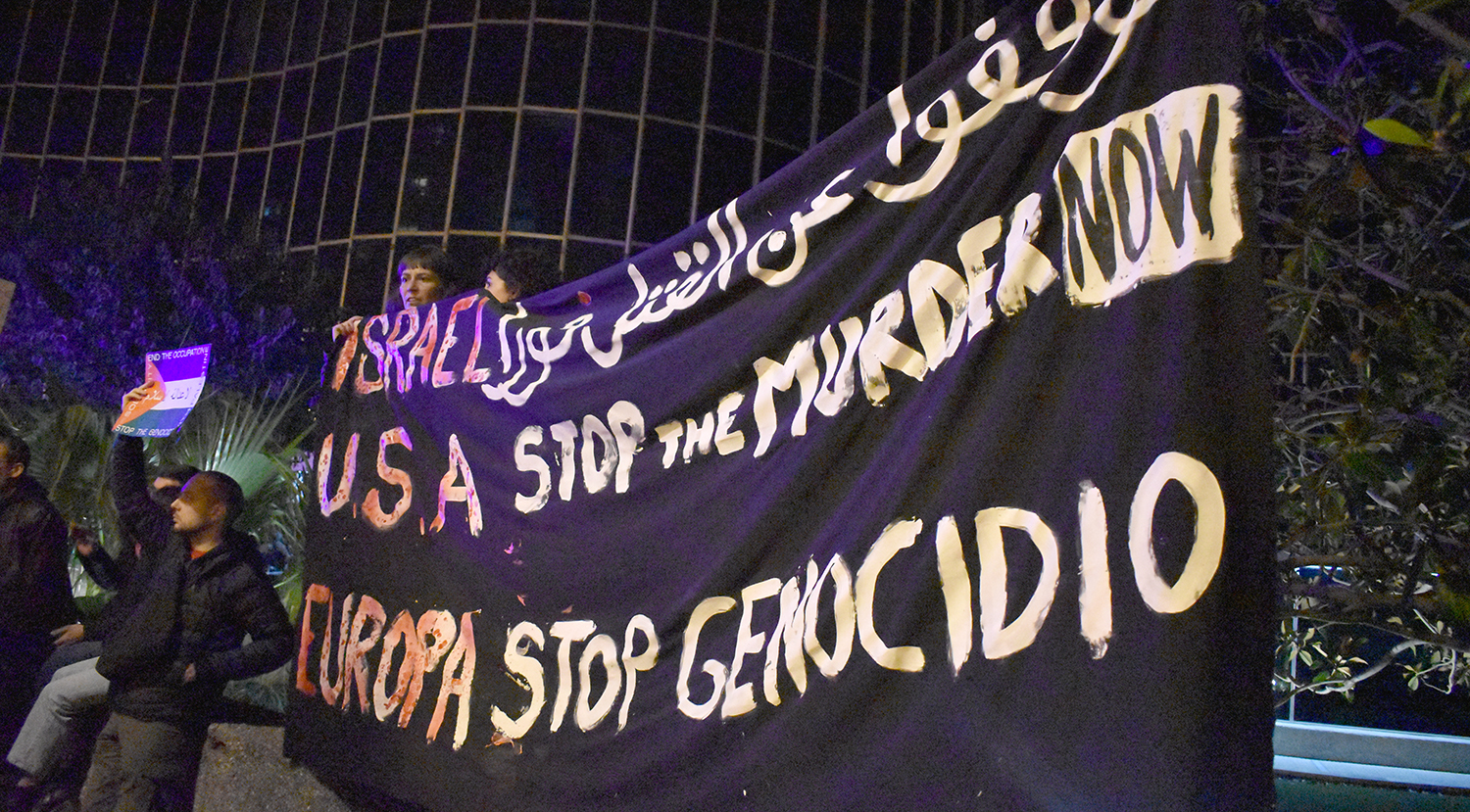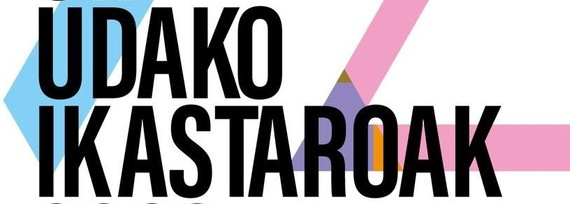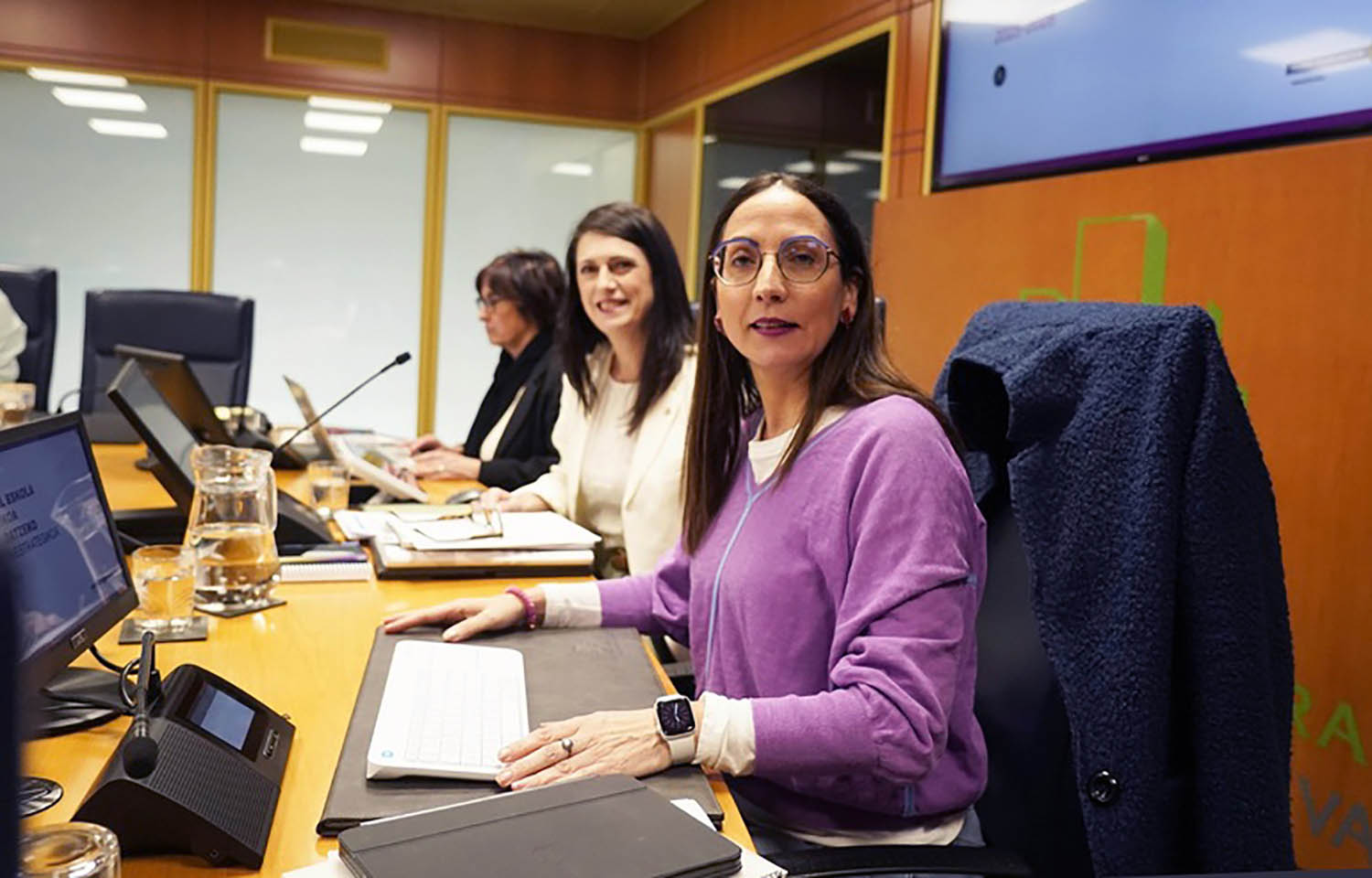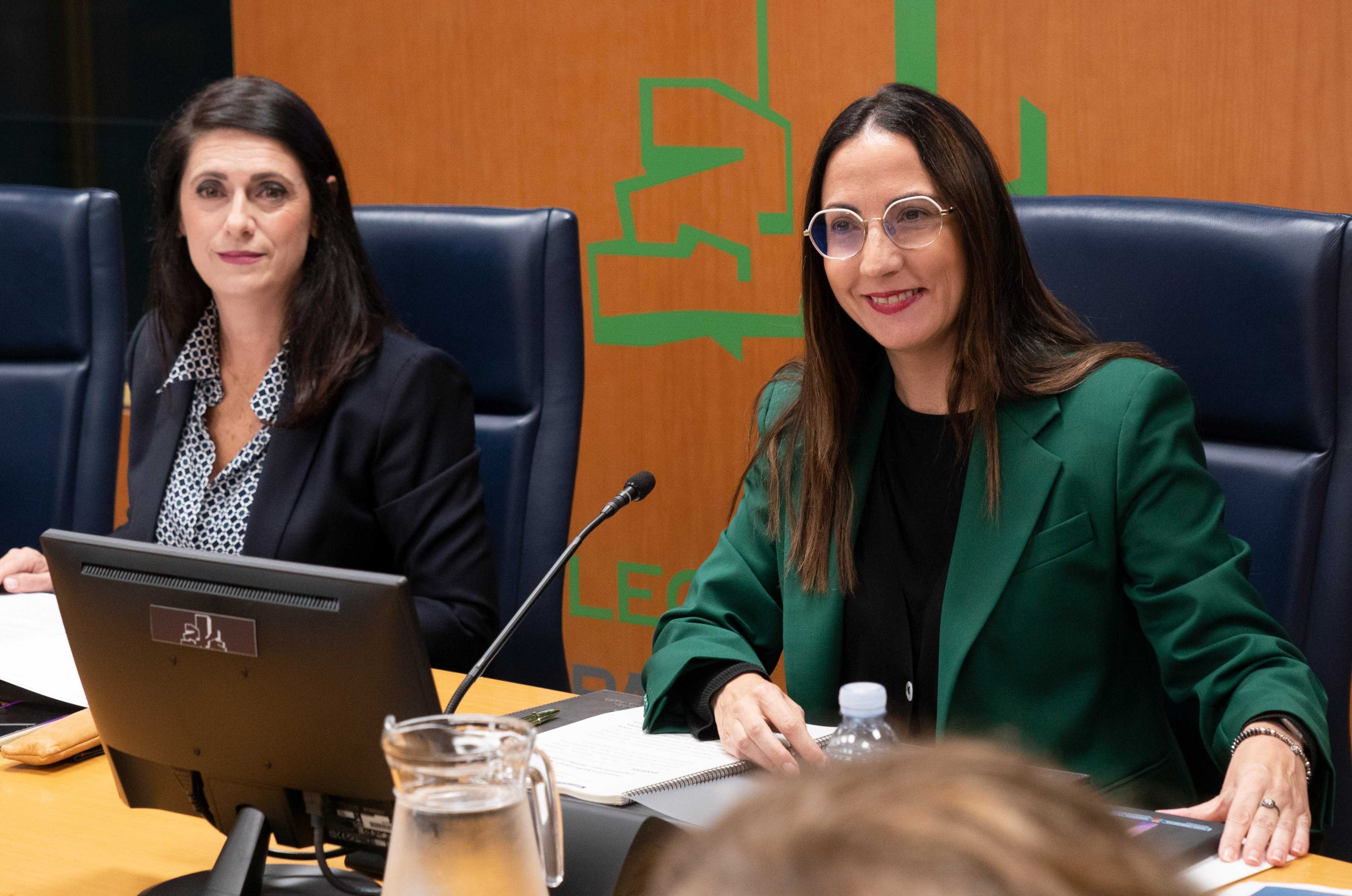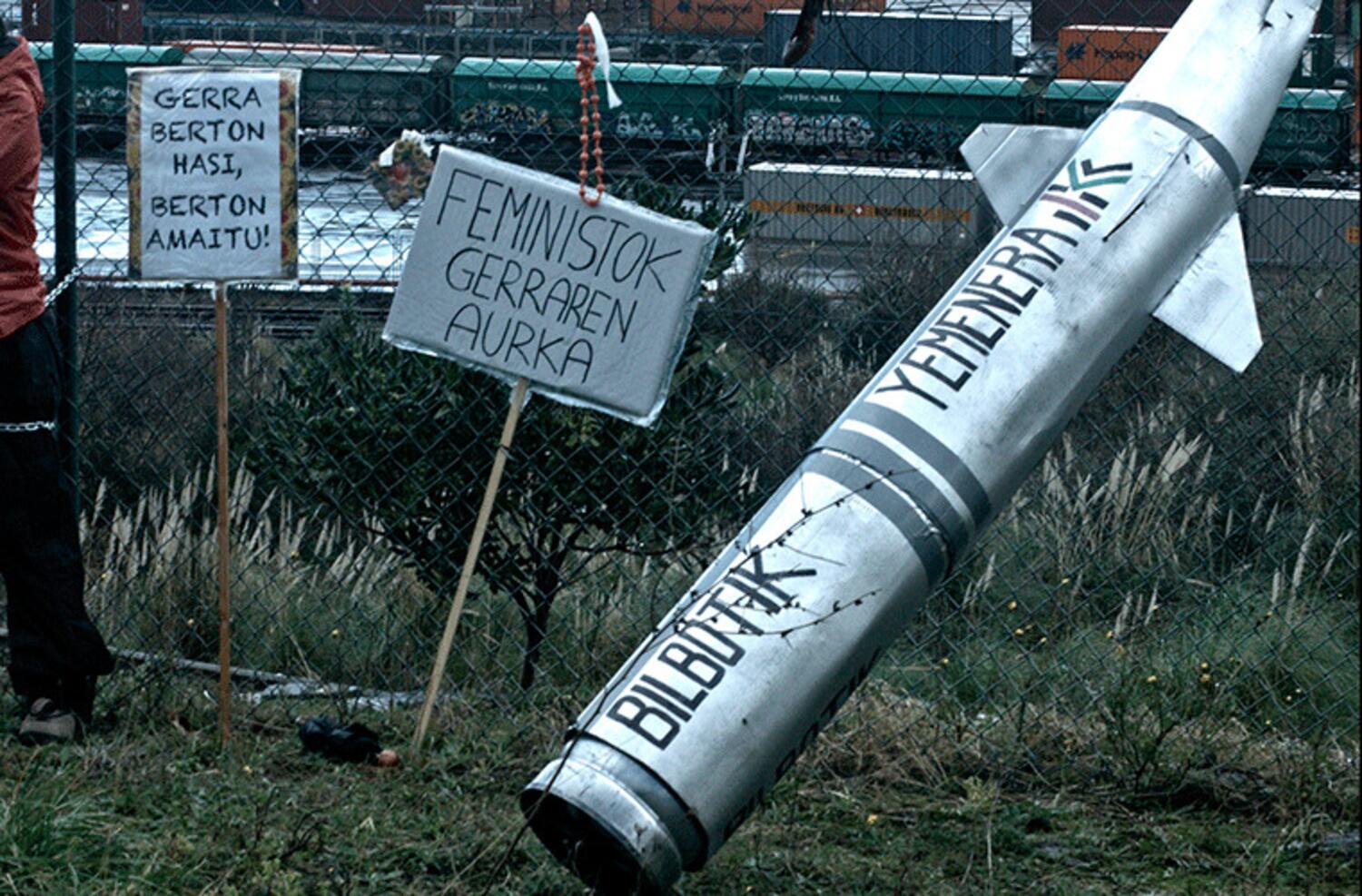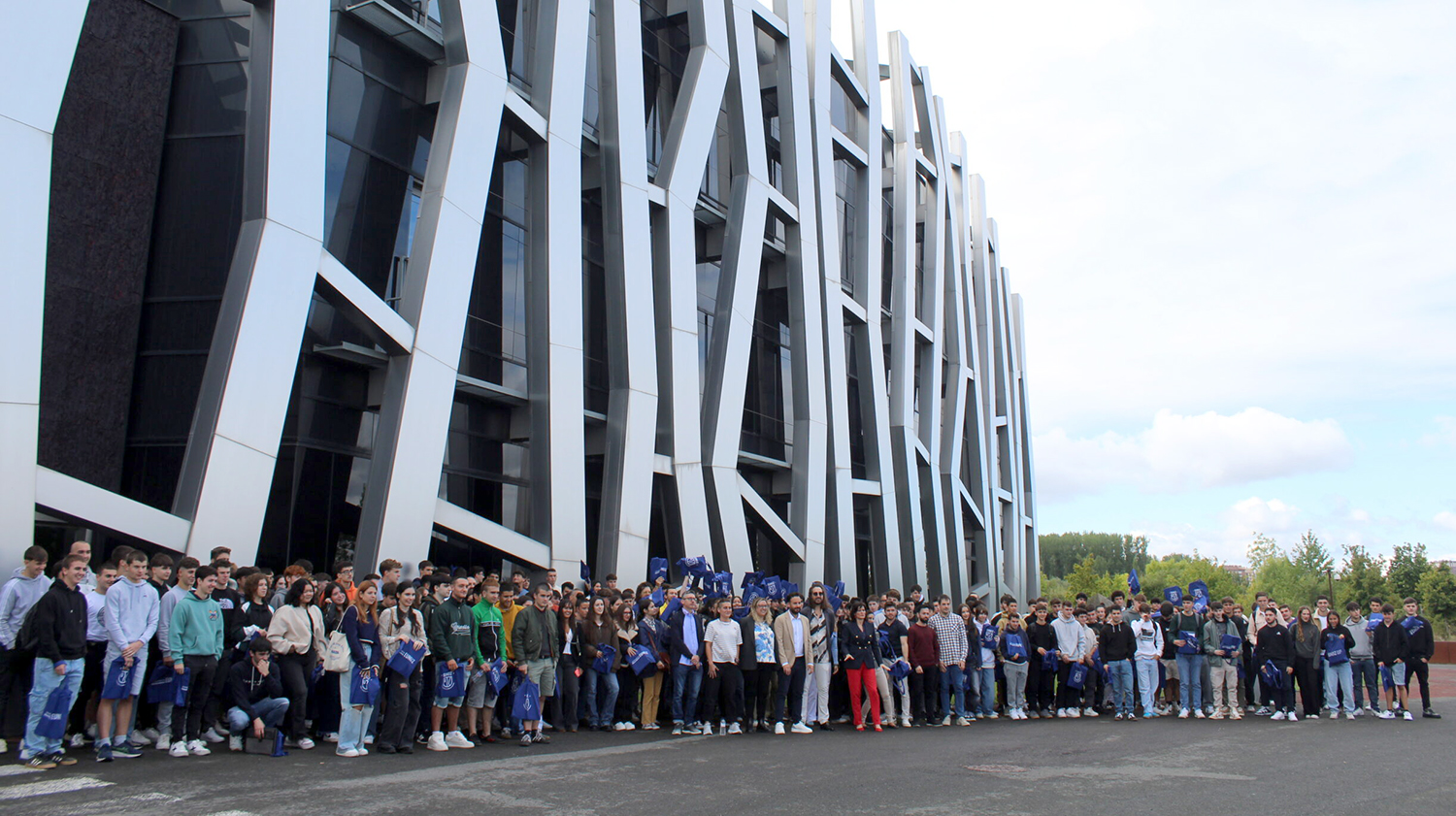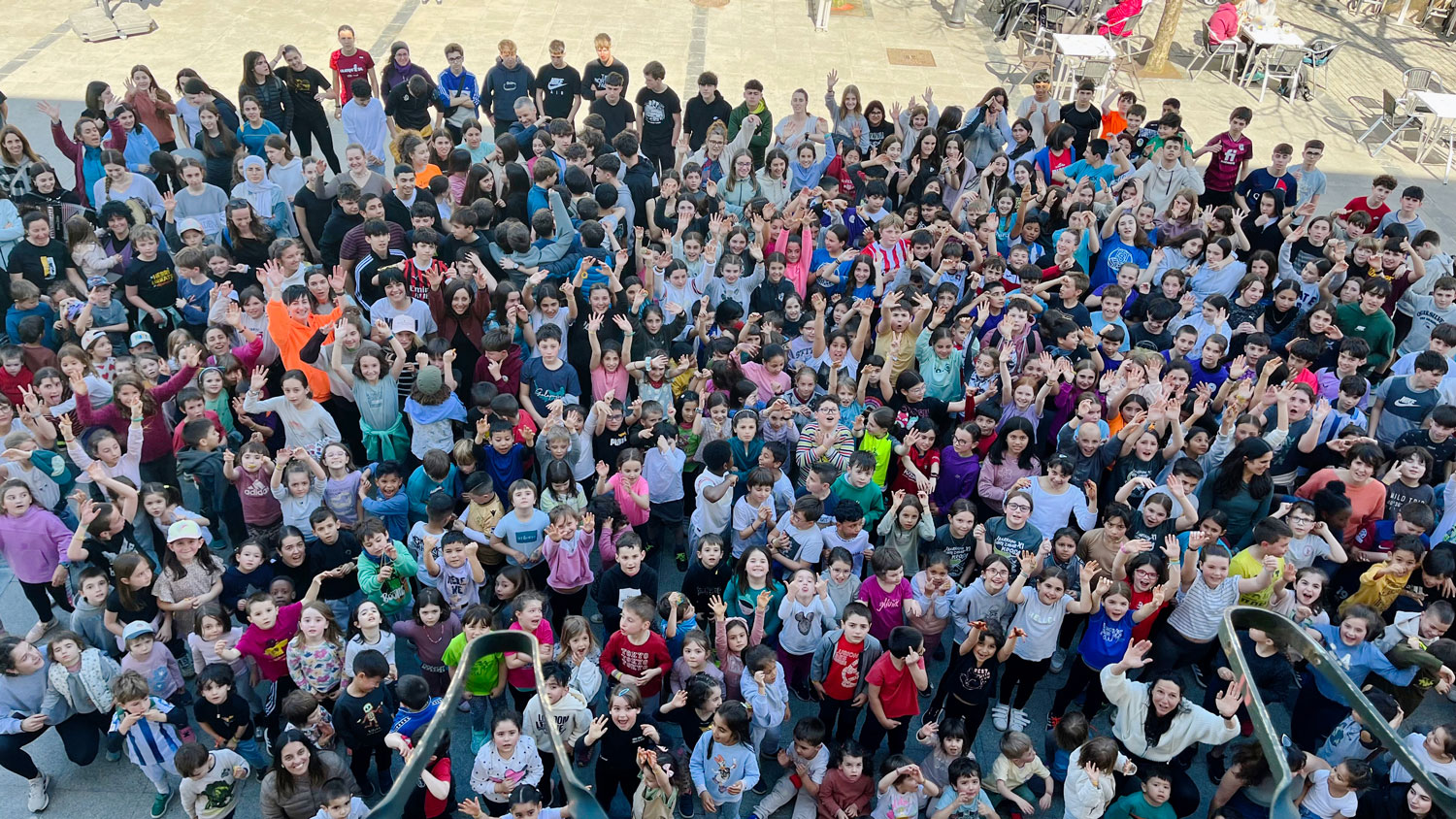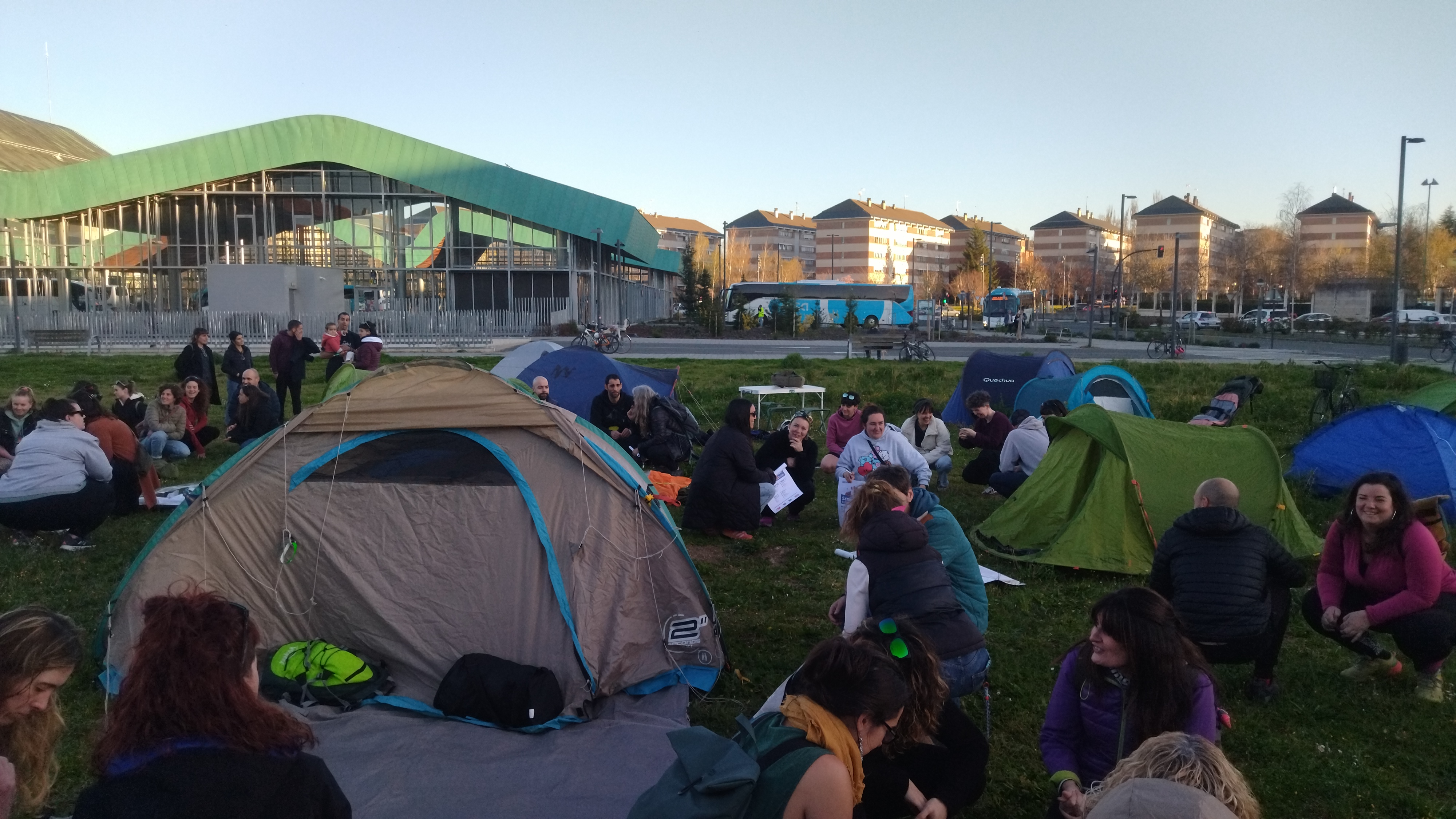"Twenty-one. The first social revolution in America in the twentieth century was that of Oaxaca"
- The conflict originated in 2006, which is the beginning, until now, the most mediatized. The teachers protested to improve conditions in rural schools. The then governor, Ulises Ruiz Ortiz, sent the police against them and all he managed to do was increase the conflict. From there, the APPO (People’s Assembly of Oaxaca) was created and the surrounding social movements and a multitude of citizens joined together in the historic moment called “the free common”.
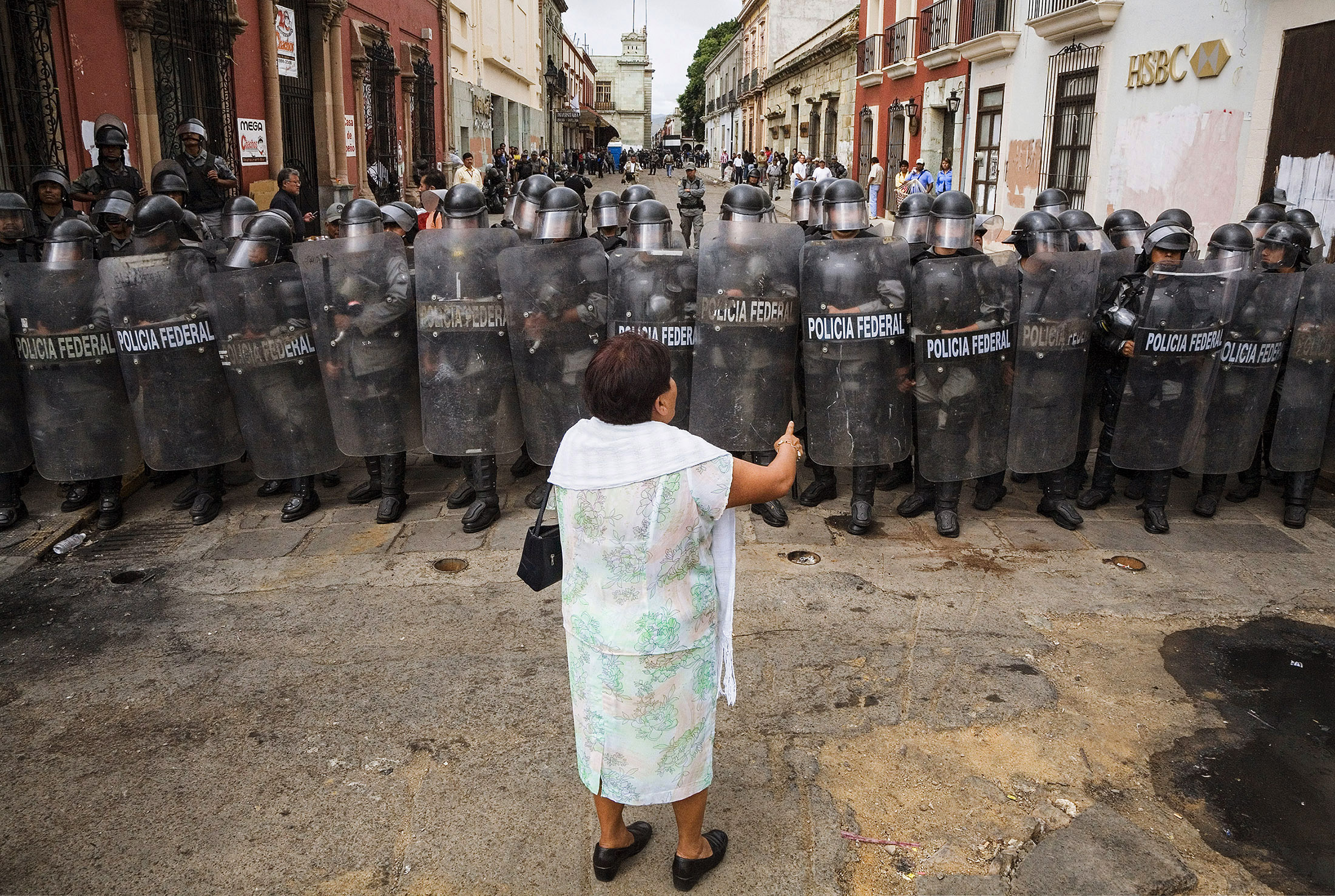
Government delegations were invalidated for months and the people ' s movement endorsed the authority figure of the city. The repression was brutal, and images of the conflict came to the international community through the barricades. On 2 November 2006, the Federal Preventive Police attempted to enter the city and, after a six-hour fight, the police withdrew. This victory has survived in memory, even though the current situation is very different. The teachers’ struggle continues, as they are in the pedagogical camp in the Plaza de Oaxaca, in addition to continuing the mobilizations. But now, the big cry is to avoid the broad labor reform that the government intends to implement at the plant, which violates the fundamental rights of workers.
The two members of the SNTE Education Workers Union who have responded to the dialogue do not want their name or image to appear for fear of repression. One of them is the union’s state coordination delegate.
What do you remember from the events of 2006?
Symbolically everything was very fast for the popular movement in Oaxaca, there were great clashes and we got the police to step back. Now that it is ten years since the events took place, the union continues to demand justice and punishment for the intellectual and material perpetrators of the repression of the time. We ask that former governor Ruiz Ortiz also be condemned, as he ordered a crackdown on the teachers’ movement.
Since then there have been 28 deaths and no one has come to jail, and the former governor continues to do politics. That is why we continue to call for justice.
In that time Oaxaca was declared libre.Tambiin addition we created our
police: POMO (Oaxaca Magisterium Police). We didn't want to see the police anymore, and our police would seize it, for example, the burglars entering the shops. We take care of the custody of the historical center. In the colonies [in the neighborhoods] there were assemblies and there had been barricades everywhere to cast the governor. We did not need governments created by the parties and replaced popular movements, although little by little the government was reforming. We believe it was the first social revolution of the 21st century in America. The federal police broke into the central square of Zócalo on November 25 to knock us down.
What are you currently in?
The latest incidents occurred on 15 September and a tropical storm occurred in the area. Previously, on 19 June, teachers and citizens faced the police at the break-up of the highway blockade in Nochixtlan. The event resulted in the deaths of eight people and injuries of varying proportions to twenty. On that day, 37 blockades were carried out in the State in order to block international trucks and resume negotiations with the Government. The Government ordered the opening of blockades and the repression was harsh.
.jpg)
At first the main demand was the wage hike, messages against educational reform have been imposed today.
In December 2012, the president, Enrique Peña Nieto, announced a reform of teaching in Catalonia. The CNTE [National Coordinator of Teachers] immediately began to organize mobilizations against the reform. The mobilizations intensified on 26 February 2013, when the reform decree was made public. What we particularly reject in the measures that are intended to be implemented at the plant is a new type of assessment by the teaching staff, which is depriving us, among others, of the rights of seniority. What we want is an assessed training to help us, not to punish us. Your idea is to perform evaluations to expel people.
Other sectors have joined this struggle, such as indigenous peoples. They are the most affected, as it will take 30 students to maintain a group and in their communities the classes are very small. It is true that our struggle has turned against reform.
Arrests, disappearances, murders... The Mexican Government is very violent in social conflicts. How do they deal with repression? As
bosses we are not afraid, every four years there are shifts and leadership changes. Here is the assembly, and if we ever fall to the pit, our companions take us out with the force of mobilization. We're not forever.
You finally decided to go back to school, stopping since May 15.
On August 7, we decided to go back to class. We have members who ensure the representation of here [in the main square of Oaxaca] continuously, but we continue to work with the children. The authorities blocked the current account of Section 22 of the Union and we cannot and cannot use it for printing the ballot papers. That is why the will of the people is also necessary here. However, we continue to report with the small potentialities we have.
What steps do they take next?
In 2018 there will be a change of presidency. The magisterium must give political guidance on the economic, health, educational situation, etc. We have no link with the parties, but we want democracy to be increased. We want to encourage people to reflect with their vote. Peña Nieto has launched a general reform in which more than half of the public oil company, Pemex, is already in the hands of external companies. The reform is moving forward and the 2018 elections are going to be important for the future. n
Public education teachers have the need and the right to update and improve the work agreement that has not been renewed in fifteen years. For this, we should be immersed in a real negotiation, but the reality is deplorable. In a negotiation, the agreement of all parties must be... [+]
Garai kuriosoak bizi ditugu eta bizi gaituzte, zinez. Hezkuntza krisian dela dioten garaiak dira eta, gutxien-gutxienean, aliritzira, ba aizue, 2.361 urte ditu gaurgero boladatxoak.
Ez zen ba debalde joan Aristoteles bere maisu maite Platonen akademiatik lizeo bat muntatzeko... [+]
Lehengai anitzekin papera egitea dute urteroko erronka Tolosako Lanbide Heziketako Paper Eskolako ikasleek: platano azalekin, orburuekin, lastoarekin, iratzearekin nahiz bakero zaharrekin egin dituzte probak azken urteotan. Aurtengoan, pilota eskoletan kiloka pilatzen den... [+]














